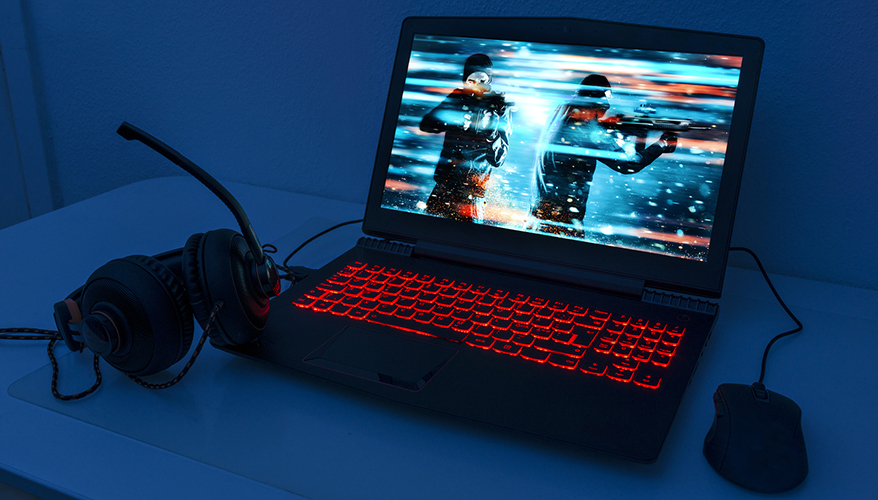TRAINING AND SIMULATION
I/ITSEC NEWS: Gaming Provides Opportunities, Skills For Military Metaverse
By Josh Luckenbaugh

iStock photo
ORLANDO, Florida — Military training in the metaverse will require a unique set of cognitive skills that gaming can help develop in future warfighters, officials said Nov. 30.
The idea of a metaverse is a virtual reality space in which multiple users can enter and interact in the same digital environment. Several Defense Department services have initiated programs to create military training platforms similar to the metaverse, such as the Army’s Synthetic Training Enviornment and the Department of the Air Force’s Spaceverse.
Operating in an immersive, virtual environment like the metaverse creates an intense cognitive load that the services will need to monitor as they introduce these technologies, said Maj. Gen. Heather Pringle, commander of the Air Force Research Laboratory.
“When we're talking about humans interacting with these machines and environments, how can we better adapt the environment to what the skill level is, or the cognitive load of the operator interacting?” Pringle said during a panel discussion at the National Training and Simulation Association's annual Interservice/Industry Training, Simulation and Education Conference in Orlando. NTSA is an affiliate of the National Defense Industrial Association.
“We're going to measure their cognitive load, their stress, pupil dilation, their heart rate, temperature, all types of physiological, neurological, behavioral and cognitive inputs, so that it's adapting to what that human needs at that point in time of that mission, and help them get to mission accomplishment,” she added.
For operators such as the Space Force’s guardians who primarily carry out missions digitally, the military must find ways to reduce cognitive load while increasing learning, said Space Force Chief Technology and Innovation Officer Lisa Costa.
Additionally, gaming can provide many of the cognitive disciplines needed for these missions, she said.
Gamers are 25 times “more likely to identify an object that they have seen under stress that they've seen before,” Costa said. “So in other words, if you’re doing anomaly detection, you're trying to do collision avoidance, if there’s a threat, they’re 25 times more likely to identify that than someone who is not a gamer.”
Approximately 86 percent of airmen and guardians under the age of 34 self-identify as gamers, according to Costa, developing skills that can translate to their military training.
“They've been spending decades learning how to navigate terrains, different environments, be able to cause different effects,” she said. “They have connected via gaming networks to be able to work with other people all over the globe, and at different age levels.”
And as recruits train in the military metaverse, the goal is for them to develop not only physical muscle memory, but also “cognitive muscle memory,” Costa said.
“We're recruiting for cognitive diversity,” she said. “And now we're trying to also create this cognitive muscle memory, in terms of seeing anomalies, coming up with different approaches that we've not ever come up with before. … Those are two very powerful things when you start putting them together," she said.
That's one of the roles the Space Force wants Spaceverse to play in training guardians, Costa said. The effort aims to build a universe that combines digital tools and physical assets to improve a guardian's ability to innovate and operate in future conflicts, according to the Space Force.
“We want the value of our very diverse guardians coming together and coming up with new ideas, new tactics, techniques and procedures, new doctrine, so that they give a lot more option space to senior decision makers,” Costa said.
The technology of modern video games can also improve virtual training environments so they can offer the right mission scenarios to soldiers, said Lt. Gen. Maria Gervais, the deputy commanding general and chief of staff of the Army’s Training and Doctrine Command.
“When you really took a look at the gaming capability that was coming out with their engines, it became a game changer … because it allowed us to create the physics for the training inside of that environment,” she said.
“We have to keep in mind — gaming is not simulation," she added. "What we are comfortable with is simulation. And gaming is a different way to think about it and will offer different opportunities as we go forward.”
Topics: Training and Simulation, Defense Department, Emerging Technologies
